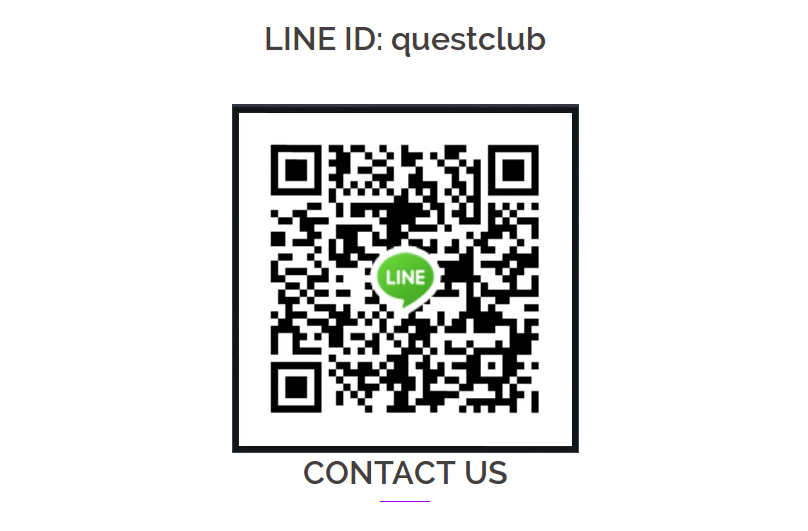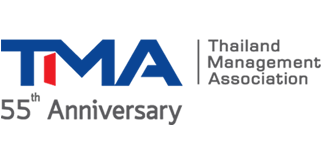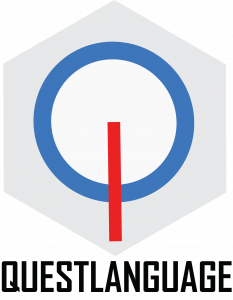Hanyu Shuiping Kaosh
The HSK is a Chinese language proficiency test for non-native speakers administered by the Ministry of Education of the People’s Republic of China. Its primary objective is to assess the proficiency level of international students who want to study in Chinese universities or for other academic purposes.
How is studying for HSK conducted?
Four learning formats for AP studies.

Private Class
Schedule an exclusive live class and invite friends to learn together.

Group Class
Live group classes to learn together and meet new friends at a scheduled time.

Live Online Class
Schedule private live classes with LearnSpace globally via the internet

LearnChat Class
Study with LearnChat+ anywhere via internet on smartphones, tablets, or computers.
What is HSK ?
HSK or Hanyu Shuiping Kaoshi is a Chinese language proficiency test for non-native speakers administered by the Ministry of Education of the People’s Republic of China. The primary objective of the HSK test is to assess proficiency levels for academic purposes, including regular studies, scholarship applications, language proficiency exemptions, and certification for employment. The specific objectives and score criteria differ depending on the intended use of the test score.

What subjects does HSK test?
HSK has a total of six levels, and each level has a different test format. Here are the details:
Level I: Features a listening test with 20 questions and a reading test with 20 questions. Time allotted for the test is 40 minutes. The language proficiency level required is understanding simple Chinese words and sentences, with knowledge of around 150 Chinese words.
Level II: Features a listening test with 35 questions and a reading test with 25 questions. Time allotted for the test is about 55 minutes. The language proficiency required for this level is conversing about daily life stories and understanding 300 Chinese words approximately.
Level III: Features a listening test with 40 questions, a reading test with 30 questions, and a writing test with ten questions. Time allotted for the test is about 1 hour 30 minutes. The language proficiency required for this level is proficiency in most simple Chinese topics, daily life topics, and understanding 600 Chinese words approximately.
Level IV: Features a listening test with 45 questions, a reading test with 40 questions, and a writing test with 15 questions. Time allotted for the test is about 1 hour 30 minutes. The language proficiency required for this level is proficiency in most basic and some professional Chinese topics and understanding 1,200 Chinese words approximately.
Level V: Features a listening test with 45 questions, a reading test with 45 questions, and a writing test with ten questions. Time allotted for the test is about 2 hours 5 minutes. The language proficiency required for this level is proficiency in discussing complex topics and understanding 2,500 Chinese words approximately.
Level VI: Features a listening test with 50 questions and a reading test with 50 questions, and a writing test with one question. Time allotted for the test is about 2 hours 20 minutes. The language proficiency required for this level is proficiency in conversing fluently without difficulty and understanding 5,000+ Chinese words approximately.
Level I-II has a maximum score of 200 points, passing score is 120, while Level III-VI has a maximum score of 300 points, and the passing score is 180. The level of complexity increases as the level progresses. There is also a separate test of speaking proficiency divided into three levels: elementary, intermediate, and advanced.
How does each level of HSK test language proficiency?
Passing HSK Level 1 means a basic understanding of Chinese words and phrases with a foundation for further learning.
Passing HSK Level 2 means a good foundation in basic Chinese language proficiency and the ability to communicate in simple situations.
Passing HSK Level 3 means the ability to communicate in daily life, study, and work, along with basic travel communication in China.
Passing HSK Level 4 means the ability to use Chinese language in a wide range of communication scenarios and conversations with native speakers with ease.
Passing HSK Level 5 means the ability to read Chinese magazines, understand Chinese TV programs, and use Chinese language in expressing opinions.
Passing HSK Level 6 means the ability to listen and read Chinese news with high proficiency and the capability to write and speak with fluency and express thoughts effectively.
Our
Community













